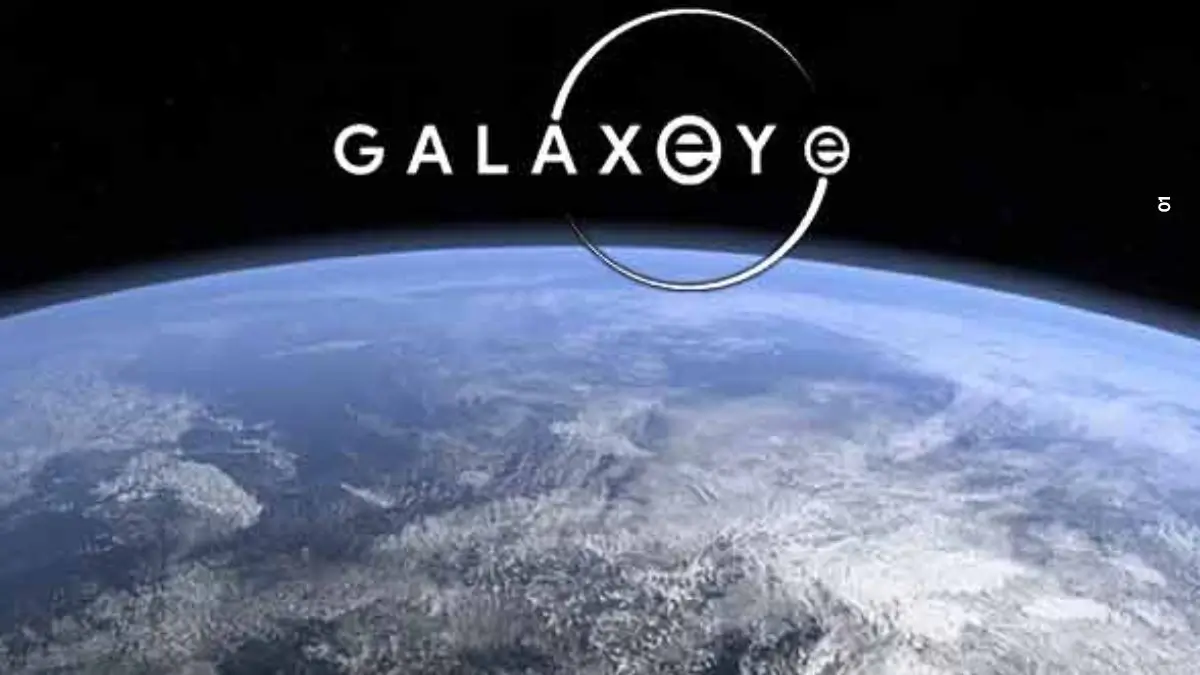Adani and Google Partner to Boost Clean Energy in India
Introduction to the Partnership
In a significant development for India’s clean energy sector, Adani Group and Google have joined forces to enhance the renewable energy landscape. This strategic partnership aims to leverage advanced technology and innovative solutions to accelerate the transition to sustainable energy sources. As global energy demands increase, this collaboration underscores the commitment of both organizations to address climate change and promote green energy initiatives in India.
Key Features of the Collaboration
The partnership between Adani and Google is designed to utilize cutting-edge technologies, including artificial intelligence (AI) and machine learning (ML), to optimize energy generation and consumption. By integrating Google’s cloud services with Adani’s extensive renewable energy projects, the collaboration aims to enhance operational efficiency and provide real-time insights into energy usage. This initiative is expected to lead to smarter energy management systems, reducing carbon emissions and fostering sustainable practices.
Impact on India’s Clean Energy Goals
India has set ambitious targets to achieve 500 GW of renewable energy capacity by 2030. The collaboration between Adani and Google aligns perfectly with these goals, as it focuses on harnessing solar and wind energy potential. By combining resources, the partnership will facilitate research and development in the clean energy sector, thereby creating more job opportunities and driving economic growth. This initiative not only contributes to India’s energy security but also positions the country as a leader in the global renewable energy landscape.
Government Support for Renewable Energy Initiatives
The Indian government has been proactive in supporting renewable energy projects, offering various incentives and policies to attract investments. The collaboration between Adani and Google is expected to attract further investment in the clean energy sector, creating a ripple effect that encourages other companies to adopt sustainable practices. This partnership is a testament to the growing recognition of the importance of clean energy in achieving national and international climate commitments.
Conclusion: A Step Towards a Sustainable Future
The partnership between Adani Group and Google marks a significant step toward advancing clean energy solutions in India. By leveraging technology and innovation, both companies aim to create a sustainable energy ecosystem that benefits not only the environment but also the economy. As they work together to implement this vision, the collaboration serves as an example for other businesses and governments to prioritize clean energy initiatives.

Why This News is Important
Addressing Climate Change
The partnership between Adani and Google is crucial in the global fight against climate change. By promoting clean energy, this collaboration seeks to reduce greenhouse gas emissions, which are a significant contributor to global warming. The initiative aligns with international efforts, such as the Paris Agreement, to limit temperature rise and promote sustainable development.
Economic Growth and Job Creation
Investments in renewable energy are essential for driving economic growth in India. This collaboration is expected to create numerous job opportunities in the clean energy sector, thereby boosting local economies. By enhancing technological capabilities and operational efficiencies, the partnership will also attract further investments, leading to sustainable economic development.
Enhancing Energy Security
As India continues to grow, energy demands are expected to rise. The collaboration between Adani and Google will contribute to enhancing energy security by promoting the use of renewable energy sources. This shift will reduce dependence on fossil fuels, ensuring a more sustainable and stable energy supply for the country.
Global Leadership in Renewable Energy
This partnership positions India as a global leader in renewable energy innovation. By collaborating with a tech giant like Google, Adani demonstrates India’s potential to attract international partnerships that drive clean energy initiatives. Such collaborations can inspire other countries to adopt similar practices, fostering a global movement towards sustainability.
Technological Advancements in Energy Management
The integration of AI and ML in energy management systems is a game-changer for the renewable energy sector. This partnership exemplifies how technology can enhance operational efficiencies, optimize energy consumption, and reduce costs. As more companies embrace these technologies, the clean energy sector will likely see accelerated growth and innovation.
Historical Context
India has long been reliant on fossil fuels for its energy needs, which has raised concerns about environmental degradation and climate change. In response, the Indian government has prioritized the transition to renewable energy sources, setting ambitious targets to achieve 500 GW of renewable energy capacity by 2030. The Adani Group has been a key player in this transition, with significant investments in solar and wind energy projects.
In recent years, the global demand for clean energy has surged, prompting collaborations between businesses and governments to drive sustainable development. The partnership between Adani and Google represents a notable shift in how technology and renewable energy can converge to create innovative solutions. As the world increasingly acknowledges the urgency of climate action, such partnerships will play a pivotal role in shaping the future of energy production and consumption.
Key Takeaways from “Adani and Google Partner to Boost Clean Energy in India”
| S.No | Key Takeaway |
|---|---|
| 1 | Adani Group and Google have partnered to enhance clean energy in India. |
| 2 | The collaboration will leverage AI and ML for energy management and optimization. |
| 3 | This initiative aligns with India’s goal of achieving 500 GW of renewable energy by 2030. |
| 4 | The partnership is expected to create job opportunities and drive economic growth. |
| 5 | This collaboration positions India as a leader in global renewable energy innovation. |
Important FAQs for Students from this News
Q1: What is the main objective of the partnership between Adani Group and Google?
A1: The primary objective is to enhance clean energy initiatives in India by leveraging advanced technology, such as AI and machine learning, to optimize energy generation and consumption.
Q2: How will this partnership impact India’s renewable energy goals?
A2: The collaboration aims to support India’s ambitious target of achieving 500 GW of renewable energy capacity by 2030, promoting sustainable energy solutions and reducing carbon emissions.
Q3: What technologies will be integrated into this clean energy initiative?
A3: The initiative will utilize artificial intelligence (AI) and machine learning (ML) to improve energy management systems, providing real-time insights into energy usage and enhancing operational efficiencies.
Q4: Why is the partnership between Adani and Google significant for the economy?
A4: This collaboration is expected to create job opportunities in the clean energy sector, attract further investments, and drive economic growth through the adoption of sustainable practices.
Q5: How does this partnership align with global efforts to combat climate change?
A5: By promoting the use of renewable energy, the partnership supports international climate commitments and helps reduce greenhouse gas emissions, addressing the global challenge of climate change.
Some Important Current Affairs Links

















